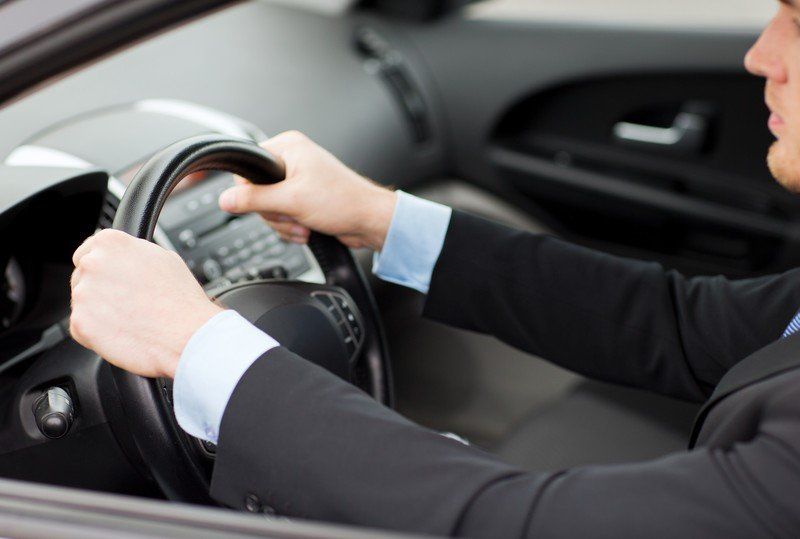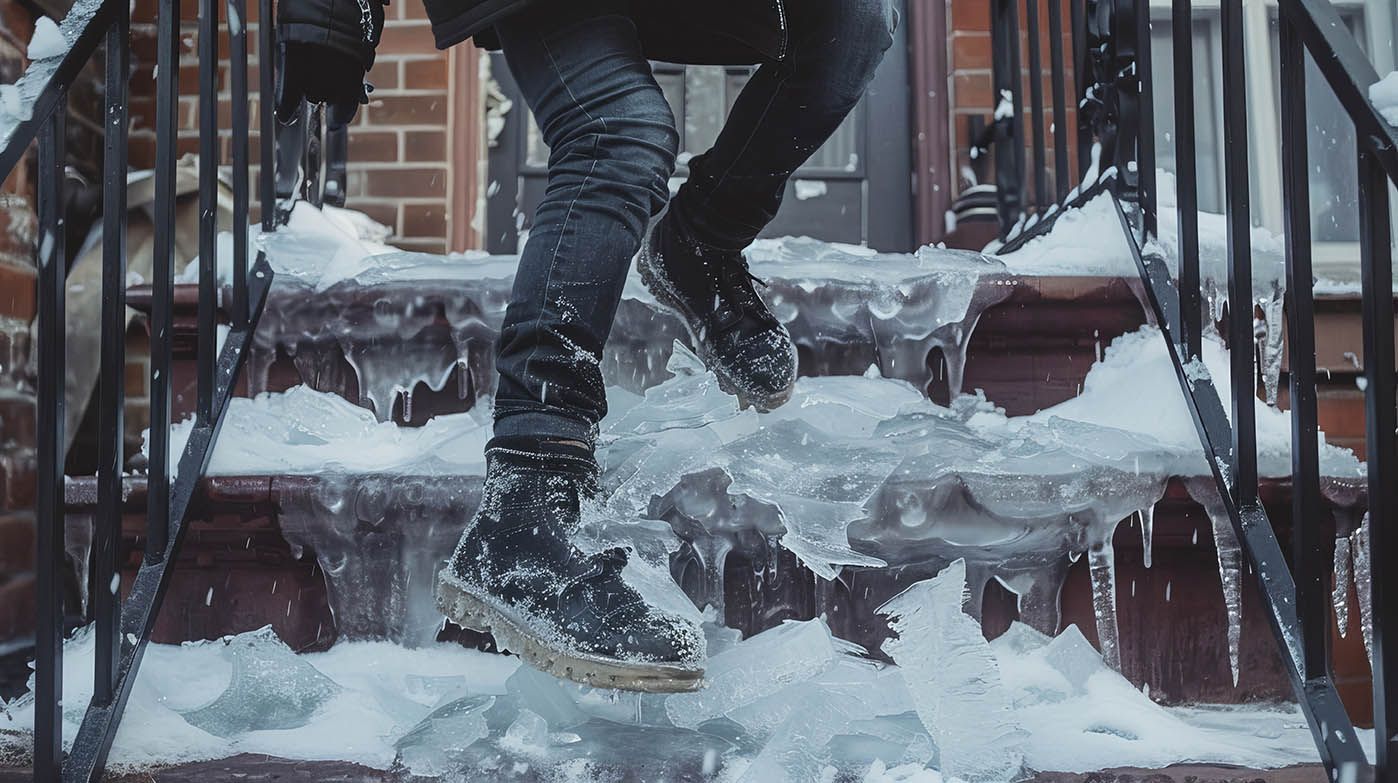BLOG
What You Should and Shouldn’t Do If You’re Pulled Over for Drunk Driving
This is a subtitle for your new post

Everyone enjoys a night out once in a while. In instances where that night out involves a couple of drinks, the best plan of action is to find another ride home – even if it was only two drinks and you don’t feel even mildly intoxicated. Unfortunately, you don’t have to feel intoxicated to be affected by alcohol and even one or two drinks can impair your ability to safely operate a vehicle.
Police officers are aware of both the subtle and obvious signs of an intoxicated driver. They’re also more likely to be looking out for intoxicated drivers on certain nights of the week or in areas that are heavily populated with restaurants and bars.
If you choose to get behind the wheel after drinking, you run the risk of injuring yourself and others. You also run the risk of being pulled over. If you are pulled over, how you handle the situation can have a significant effect on the outcome. Here’s what you need to know and how to react if you’ve been accused of drunk driving.
Take a Breath and Remain Calm
This can be difficult to do when you see the flashing lights in the mirror but being as calm and collected as possible is important. First, signal to the officer that you’ve acknowledged them and then find a safe spot to pullover. You need to be out of the way of traffic for both yours and the officer’s safety.
Next, turn on your interior lights if it’s dark out and sit with your hands on the wheel until the officer approaches. Do not make any sudden movements and remain polite.
Protect Yourself
If an officer suspects you are driving while intoxicated, they will ask you if you’ve been drinking and how much you’ve consumed. If you’re being accused of drunk driving and honestly aren’t intoxicated, answering these questions is easy. However, if you have consumed alcohol, you’ll want to proceed with caution.
You are required to answer questions about your identity and provide necessary documents. You can refuse to answer questions about alcohol consumption if you feel it may incriminate you. Anything you say will be used against you. The officer is trained to put pressure on you to answer these questions but staying firm in not answering them protects you against self-incrimination.
You also have the right to refuse a field sobriety test or breathalyzer. You should get out of your vehicle if the officer requests it. If the officer suspects you’re intoxicated, but you’ve remained silent and refused testing, they may arrest you and take you to the station for chemical testing. There is no getting out of this, but you can later fight the charges if you haven’t self-incriminated yourself.
Speak With an Attorney
Once you arrive at the station, ask to speak with a criminal defense attorney and refuse to answer any questions, no matter how seemingly minor, until you do. If you don’t have an attorney or don’t know how to reach one, ask to speak with the public defender, even if you might not qualify for their assistance during a trial. They can answer questions and offer guidance on your case.
Have you been accused of drunk driving and need legal assistance? We’re experienced DUI defense attorneys that can help. Contact Fitch & Stahle Law Office today for consultation.


